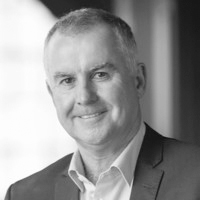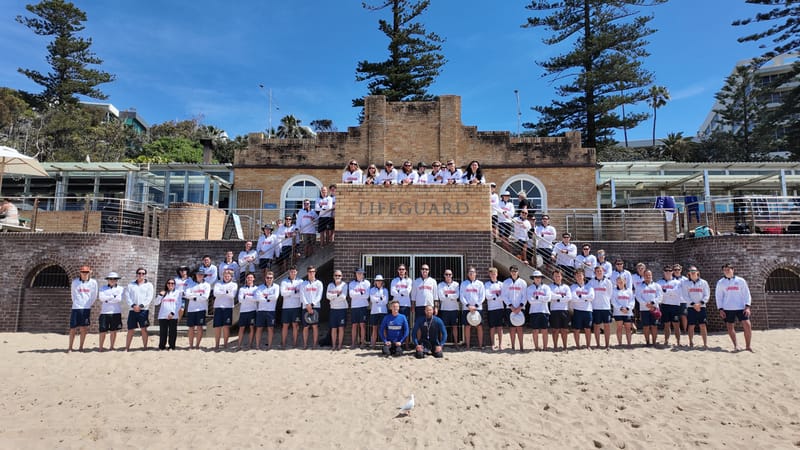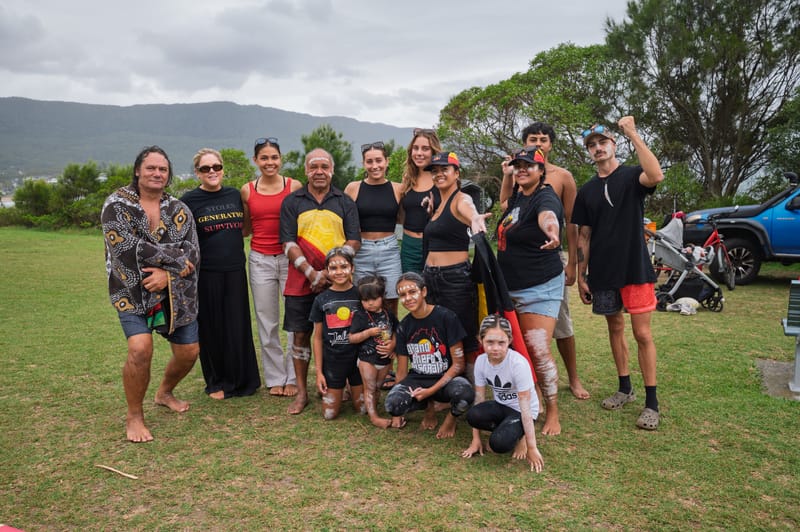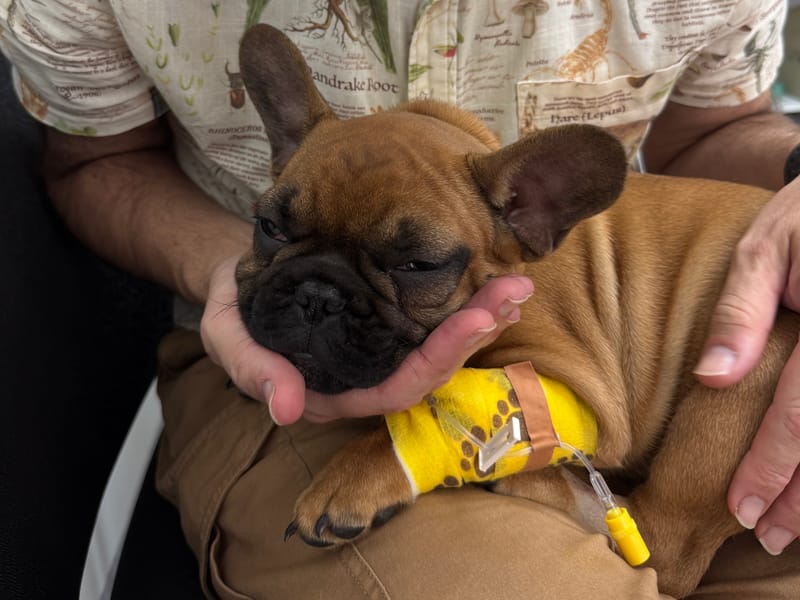Voting NO will set us back generations, says local Indigenous leader
In my weekly musings to date on The Voice, I’ve avoided the elephant in the room. At a recent group discussion in Wollongong, hosted by Siligong Valley, and featuring Yorta Yorta woman Dr Summer May Finlay, the question was asked. What would a no...
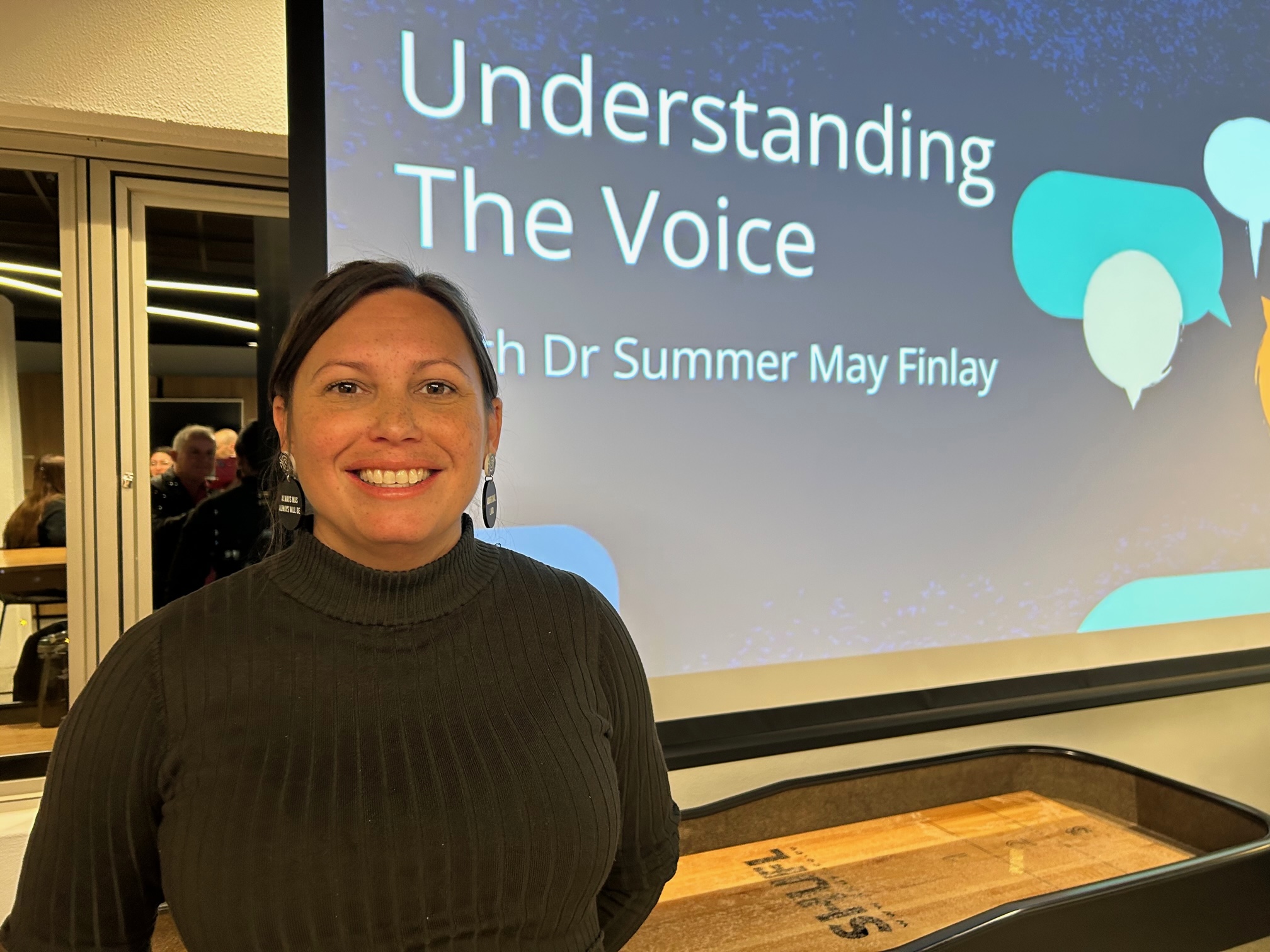
In my weekly musings to date on The Voice, I’ve avoided the elephant in the room.
At a recent group discussion in Wollongong, hosted by Siligong Valley, and featuring Yorta Yorta woman Dr Summer May Finlay, the question was asked.
What would a no vote mean for Aboriginal and Torres Strait Islander people?
Dr Finlay paused. For what seemed like an eternity. Before responding: "It will empower the people in our country who hold racist beliefs, which would be devastating. It will set us back generations."
She added: "It will also impact relations between Aboriginal and Torres Strait Island people in this country, and across the nation we will know which electorates voted which way. It does not bode well."
Dr Finlay said she was pleased discussions about the Voice had moved away from Canberra and into communities.
The Voice is about people
"The Voice isn’t about politicians making a decision, it’s about people around the country making a decision based on their vote," she said.
Dr Finlay was quick to dispel one of the biggest myths about the powers of the Voice to Parliament.
"The Voice is an advisory body only. After 230 years of non-Aboriginal people telling us what we should do, it gives us a say.
"At the moment there’s no formal structure for government to engage with Indigenous Australians. The Voice will be able to talk about how policies will impact different regions and communities. It will be a more nuanced approach.
"And the people representing The Voice won’t be selected by politicians. It will be communities selecting their own representatives."
Another probing question to come from the audience at Dr Finlay’s recent discussion forum was: "How should I respond to those who question why some Aboriginals are so strongly opposed to the Voice?"
Diplomatically, Dr Finlay said, "As Aboriginal people, we have the right to a difference of opinion just as non-Indigenous people do. But I don’t agree with them."
A lack of trust in government
She said trust in government was a big issue for many First Nations people.
"Some are scared for what the Voice means. They’ve had lots of false promises before from government. For example, the Aboriginal and Torres Strait Island Commission was given the opportunity to represent us in the past but when it wasn’t to the liking of the government of the day it was shut down."
Dr Finlay told the group one of the most prominent myths about the Voice was that if Aboriginal and Torres Strait Islander people are recognised in the constitution, their sovereignty will be ceded.
"This has been squashed by most constitutional lawyers. It is myths such as these which are making the discussions on the Voice more complicated."
Dr Finlay laughed at suggestions from some in the NO camp that The Voice would provide First Nations people with too much power.
"We don’t have time to take over the country, but we need to take care of ourselves," she said.
"Ultimately, there is much to consider when you vote in the referendum."
The first of many steps
Dr Finlay said: "And for me, the most critical consideration is whether it will benefit Aboriginal and Torres Strait Islander people. I believe it will. It’s the first of many steps required. It’s a beginning.
"How every person votes on the day will be up to them. All I ask is for people to understand what they are voting for, how our history has played a role in the push for The Voice and what opportunities the Voice will create for Aboriginal and Torres Strait Islander people."
Dr Finlay said that while The Voice won’t be perfect, it will be a huge step in the right direction in empowering Australia’s Aboriginal and Torres Strait Islanders.
"Don’t let the perfect be the enemy of good."
What’s ahead for the YES campaign?
- Every Friday: Wollongong Mall Markets from 11am
- Sunday, August 6: Gathering for the Voice from 9am @ North Wollongong Beach.
- Friday and Saturday, August 12 and 13: Art from our Hearts Exhibition, 10am-4pm @ Clifton School of the Arts.
- Sunday, August 27: Coledale Markets from 9am-3pm
About the writer
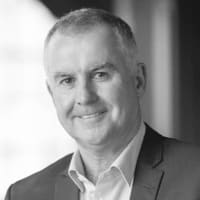
Jeremy Lasek has many decades of experience in media, marketing, events and PR. His career began in the Illawarra with the Lake Times, ABC Radio and WIN-TV. For eight years Jeremy was news director for WIN in Canberra and was national news director before joining the National Capital Authority as head of media and events. Jeremy was executive director of ACT Government Communications, Events, Arts, Heritage and Protocol for many years, was Chief of Staff to the ACT Chief Minister and had responsibility for the Centenary of Canberra celebrations in 2013. Before returning to Wollongong, Jeremy was CEO of the National Australia Day Council (including the Australian of the Year Awards) and head of communications for the Australian Federal Police. He’s currently volunteering on the YES23 campaign.

